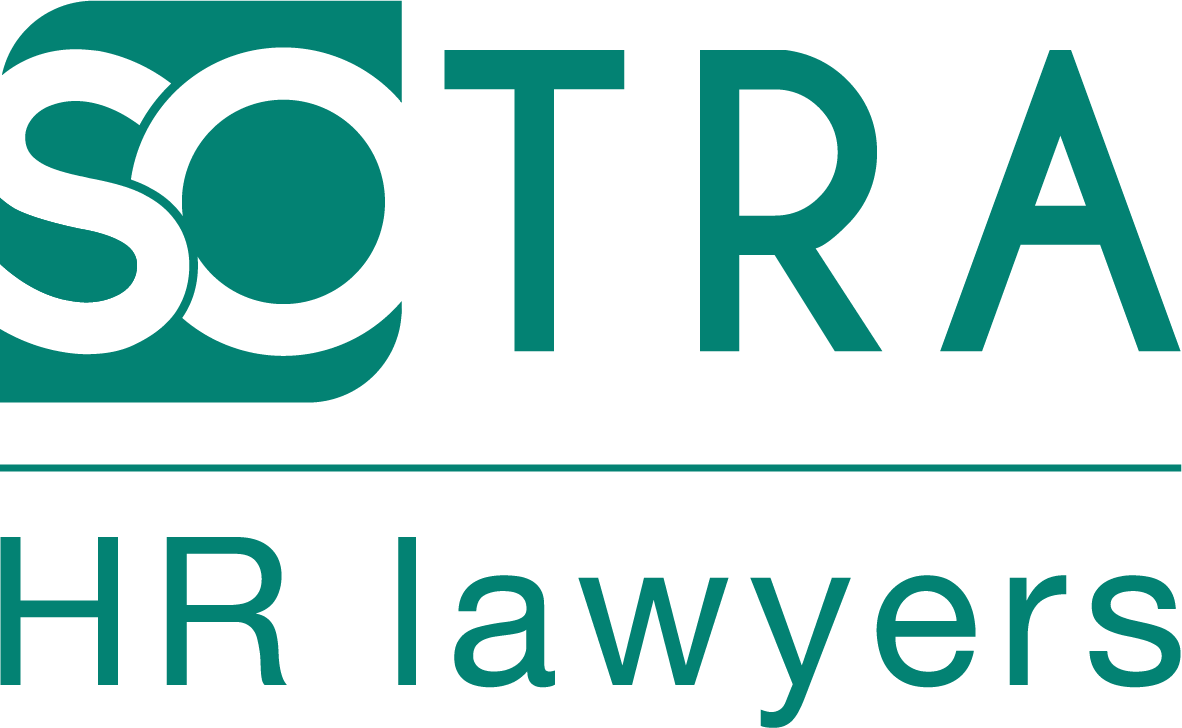
A headscarf ban on the workfloor can be permitted as part of a neutrality policy
The Ghent Labour Court has ruled on the conditions under which a private company can pursue a policy of neutrality with regards to signs of religious or philosophical beliefs

The Ghent Labour Court has ruled on the conditions under which a private company can pursue a policy of neutrality with regards to signs of religious or philosophical beliefs.
This policy of neutrality may, in certain circumstances, involve a headscarf ban.
The facts
A female Muslim worker is employed as a receptionist for an employer that provides reception services for clients.
At the beginning of the employment relationship, the worker did not wear her headscarf during her working hours. Several years later, however, she expressed the wish to wear her headscarf during her shift. The company refused, referring to its policy of neutrality.
A neutrality clause, initially unwritten, was subsequently inserted into the work rules. This clause stipulates, among other things, that workers are prohibited from wearing any visible signs of their political, philosophical or religious convictions in the workplace.
Despite this ban, the worker repeated her request. The company finally decided to dismiss her with the payment of a severance pay.
The worker challenged her dismissal in court and claimed an indemnity for the abuse of the right to dismiss, on the grounds that the headscarf ban was discriminatory.
The decision of the Ghent Labour Court
In essence, the worker argued that workers whose religious convictions forced them to respect certain dress codes were in fact targeted by the company's neutrality policy. Therefore this policy was indirectly discriminatory for muslim women.
The Court ascertains that the prohibition imposed by the employer to wear signs of political, religious or philosophical beliefs applies without distinction to all workers of the company. In the absence of a particular disadvantage for a particular category of staff, the Court considers that there can be no question of indirect discrimination.
The Court also establishes that the company's policy of neutrality was legitimate and proportionate to the aim pursued, namely maintaining a neutral image towards its customers. Given the worker's function (receptionist), the Court did not address the question whether a distiction in treatment should be made between front-end and back-end positions.
Finally, the Court considers that the employer was not obliged to offer the worker an alternative position, which would have allowed her to wear her headscarf at work.
What to remember?
Provided that a number of guidelines are respected and certain conditions are met, an employer can implement a policy of neutrality in the company and can thus ban religious, philosophical or political expressions in the workplace. This possibility applies primarily to front-end workers.
Source: Ghent Labour Court, 12 October 2020, R.G. 2019/AG/55
